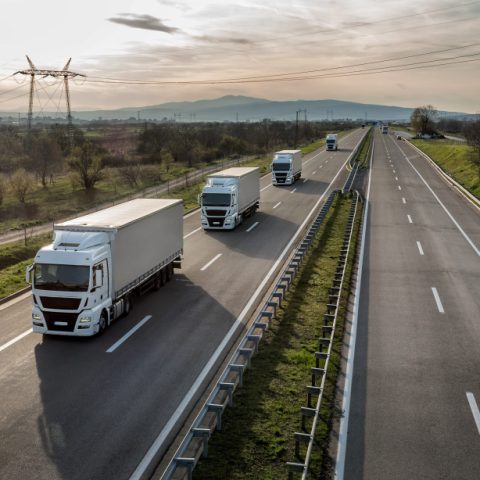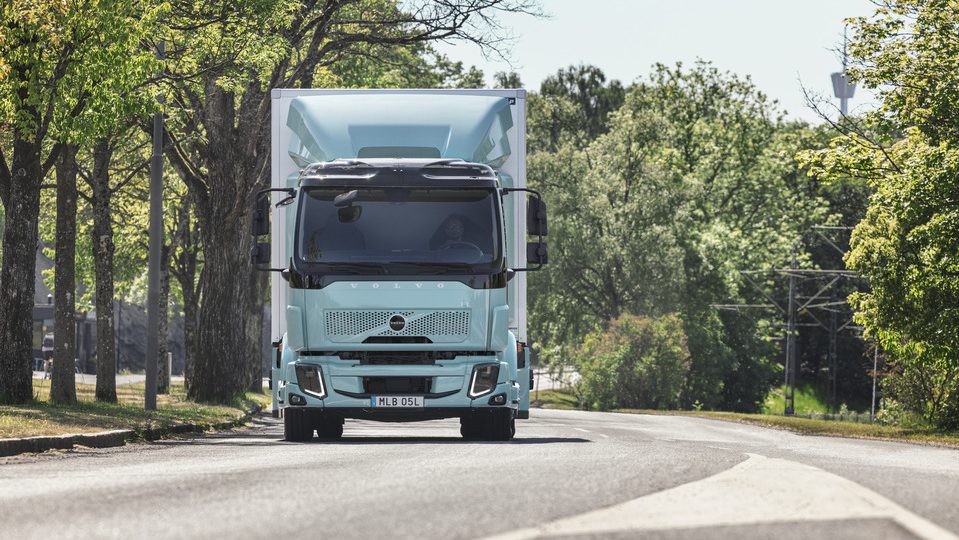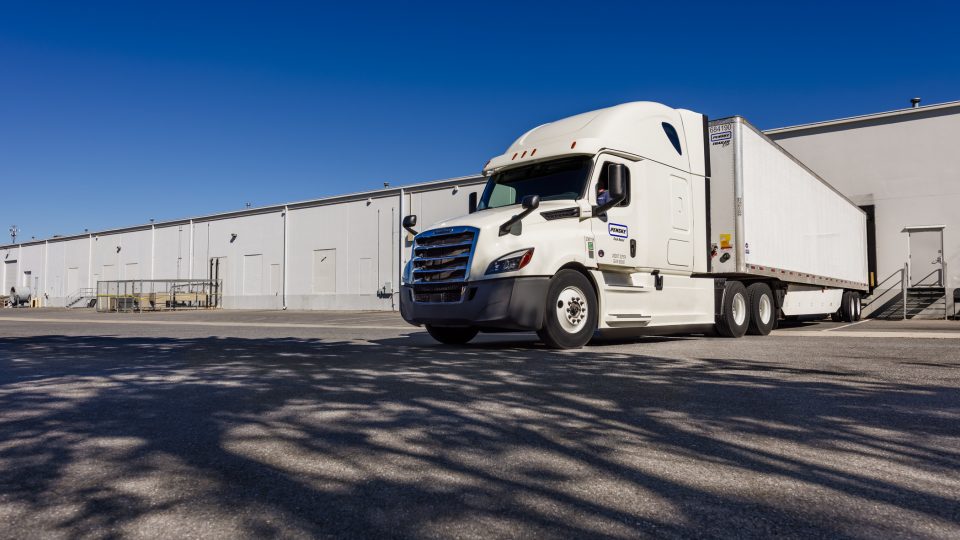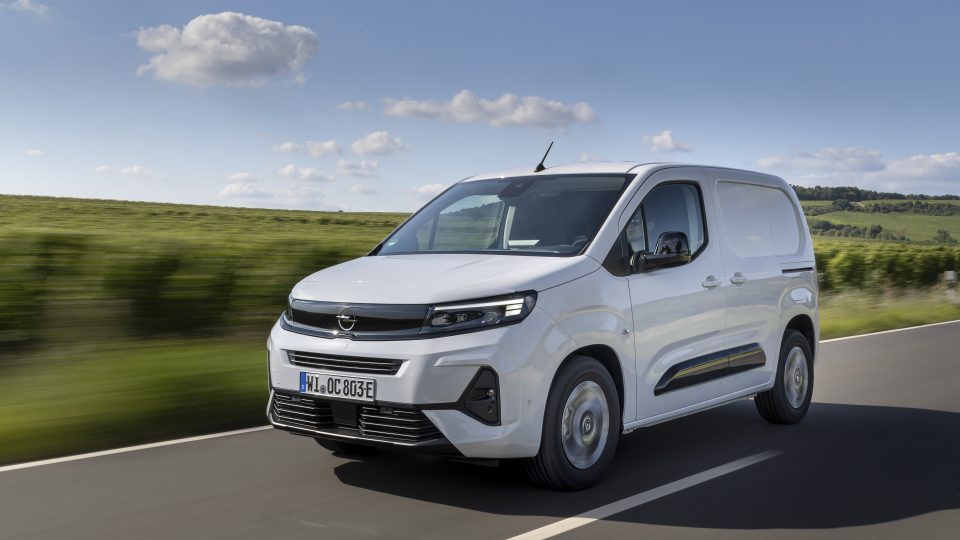ACEA on Euro 7 emissions standard: costs from 4 to 10 times higher than EU Commission estimates
According to the Frontier Economics study, "Regulatory costs of Euro 7 - Findings from an industry survey," commissioned by ACEA, the costs per vehicle are expected to be about 2,000 euros for cars and vans with internal combustion engines, and nearly 12,000 euros for diesel trucks and buses.

ACEA is speaking out on Euro 7 emissions standard, currently scheduled to come into force in July 2025 for cars and light commercial vehicles and in July 2027 for trucks and buses. According to the Frontier Economics study, “Regulatory costs of Euro 7 – Findings from an industry survey,” commissioned by ACEA itself, the costs per vehicle are expected to be about 2,000 euros for cars and vans with internal combustion engines, and nearly 12,000 euros for diesel trucks and buses.
These estimates comprise direct manufacturing costs only, primarily for equipment and investments. It is important to note that these additional costs do not correspond with purchase prices; instead they drive up prices for end-users even further. Price increases would likely therefore be higher than the figures cited in the study.
ACEA study on Euro 7 standards shows high costs for companies
With current Euro 6/VI rules, the EU has the most comprehensive and stringent standards for pollutant emissions (such as NOx and particulate matter) in the world. Exhaust emissions are already at a barely measurable level thanks to state-of-the-art vehicle technology.
“The European auto industry is committed to further reducing emissions for the benefit of the climate, environment, and health. However, the Euro 7 proposal is simply not the right way to do this, as it would have an extremely low environmental impact at an extremely high cost,” stated Sigrid de Vries, Director General of the European Automobile Manufacturers’ Association (ACEA). “Greater environmental and health benefits will be achieved by the transition to electrification, while at the same time replacing older vehicles on EU roads with highly efficient Euro 6/VI models.”
In addition to direct costs, the Euro 7 proposal will trigger indirect costs, such as higher fuel consumption. Over a vehicle’s lifetime, this could increase fuel costs by 3.5% – amounting to an extra €20,000 for long-haul trucks and €650 for cars and vans.















